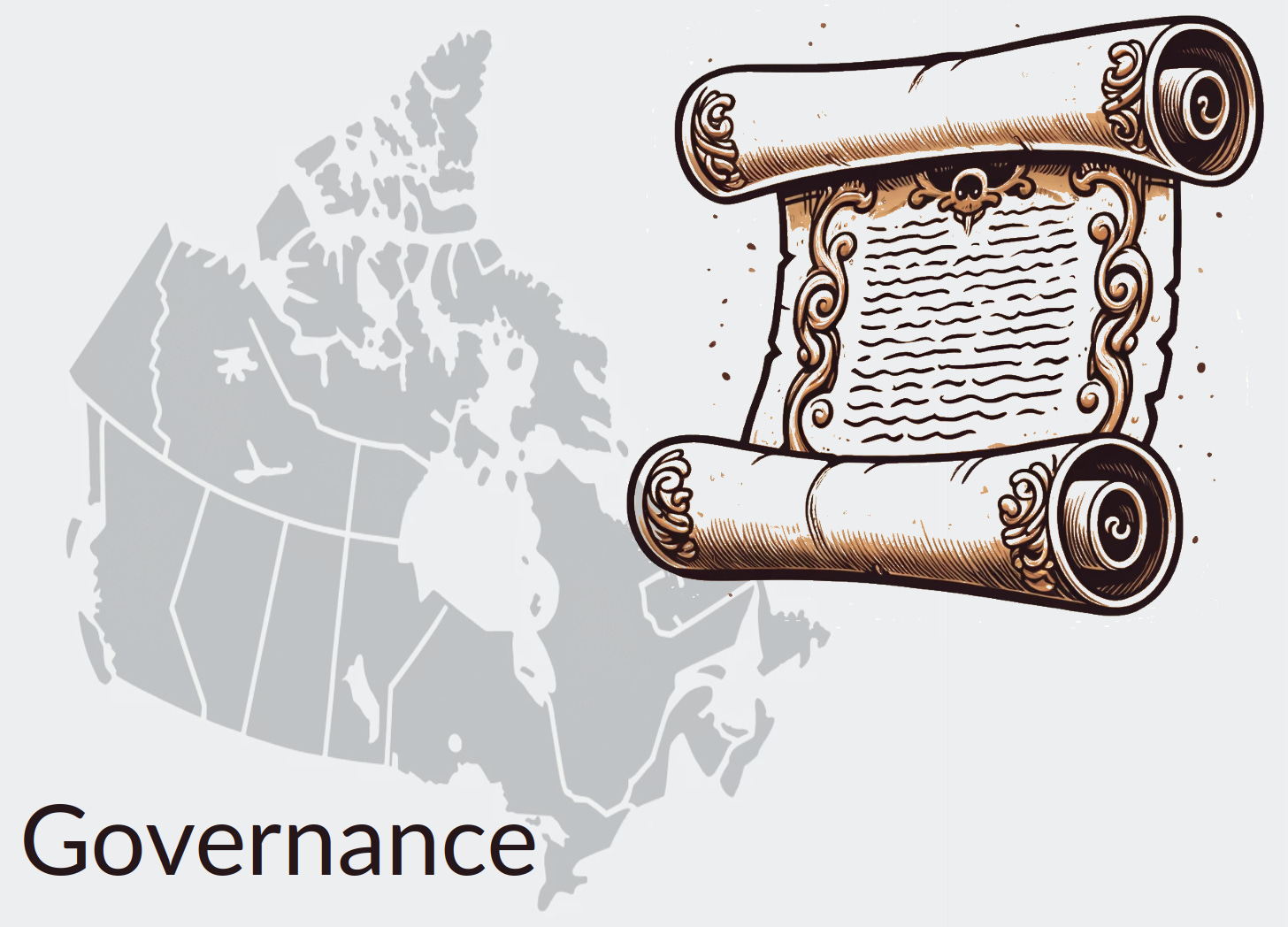Escaping the Sinking Management Consulting Ship
At one point a couple of years back, my business was receiving near-daily contacts from digital marketing companies eager to sell me their valuable services. They all followed the same pattern: “Our experienced and expert professionals can drive thousands of valuable visitors to your landing pages, increase user engagement, and turbo-charge your business revenue.”
Needless to say, none of those expert professionals had any luck with me. But I couldn’t resist having just a little fun. I would reply using some variation of this:
I’m interested in discussing your services further, but only if you would be open to agreeing to a profit sharing arrangement instead of an up-front fee. If you’re confident enough in what you have to offer that you're ready to invest your time in exchange for higher potential returns, then I'm willing to move ahead.
Without exception, this went nowhere. “How will I pay my employees for their hard work?” was the complaint I heard more than once. Some of them seemed to completely miss the irony of claiming they could make me rich while rejecting the opportunity to share that great wealth.
In a way it was sad to see so many people investing considerable time and effort into a business model that was pretty much guaranteed to fail. But at least they were mostly young and capable of learning from their mistakes.
On the other hand, I have a lot less sympathy for Mckinsey & Company consultants, whose services have cost Canada’s federal government hundreds of millions of dollars since 2016. What did we get in return? Well, according to the Open Government site, there was $87 million worth of “management consulting” and $29.5 million worth of “other professional services not elsewhere specified”. For all intents and purposes, that’s about all the description our government agreed to share.
Truth be told, McKinsey is hardly the only player in this game. I only started there because the Auditor General has already expressed deep impatience with many of McKinsey’s contracts.
Going beyond McKinsey, the total bill for Accenture’s services to His Majesty’s government tops $1.77 billion - although those date all the way back to 2004 (and Her Majesty). But if you look specifically for contracts since 2015 that focus on “management consulting” and “professional services”, the final bill will come to just shy of $813 million. Through that same period, KPMG hit us for $119.1 million for management services, and $261 million for professional services of one kind or another.
That’ll all add up to at least $1.31 billion on “management” and “professional” consulting since 2015. Is there any way for us to know what value came out the other end? Have the government’s management and professional operations improved in any measurable way over that period? Are government services being delivered more efficiently? Are government employees now more effective than before, with 10 of them capable of work that once required 15 or even 20? The fact that the size of the civil service has nearly doubled over the past decade with no noticeable improvements to service suggests otherwise.
The Free Press recently predicted significant and imminent disruption in the consulting industry south of the border. Changes to government procurement practices and the ability of AI to instantly reproduce many of the outputs previously offered by traditional consultants suggest that the golden years of consulting are now well behind us.
Well please do sign me up for that. But while that’s playing out, wouldn’t it be reasonable for our government to at least make their consulting contracts conditional on measurable results? Or even have formulated measurable results?
It seems that the primary differences between the Government of Canada and my humble business operation are, (1) that I’m willing to demand results, and (2) that the Government of Canada spends a LOT more money.



Mckinsey, Gartner, Deloitte and the other brand name management consulting shops have done very, very well by providing managers and executives in the GoC with a perfect way to dodge accountability for major decisions. Nobody ever got castigated or had their performance pay held back by buying and implementing the tech or following the guidance recommended by Big Consulting.
Let's remember that very often consultants are hired by a manager or DG to tell the board what the manager or DG already thinks. I don't know what the performance metric to show that might be.